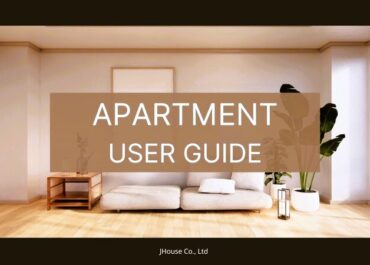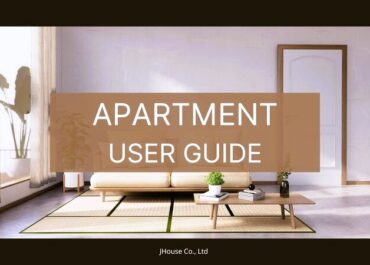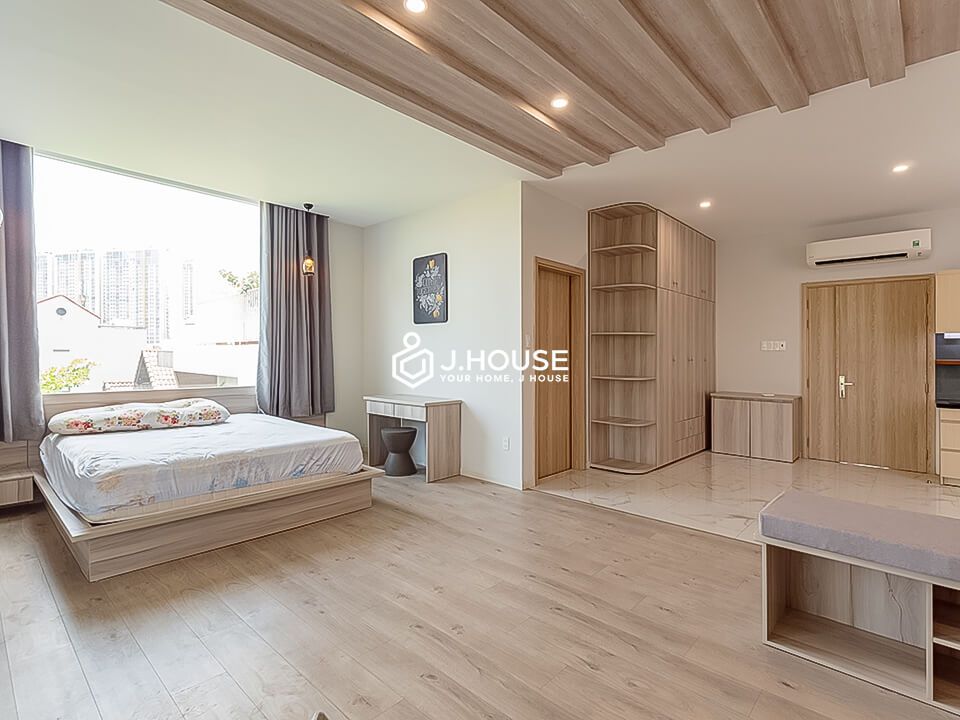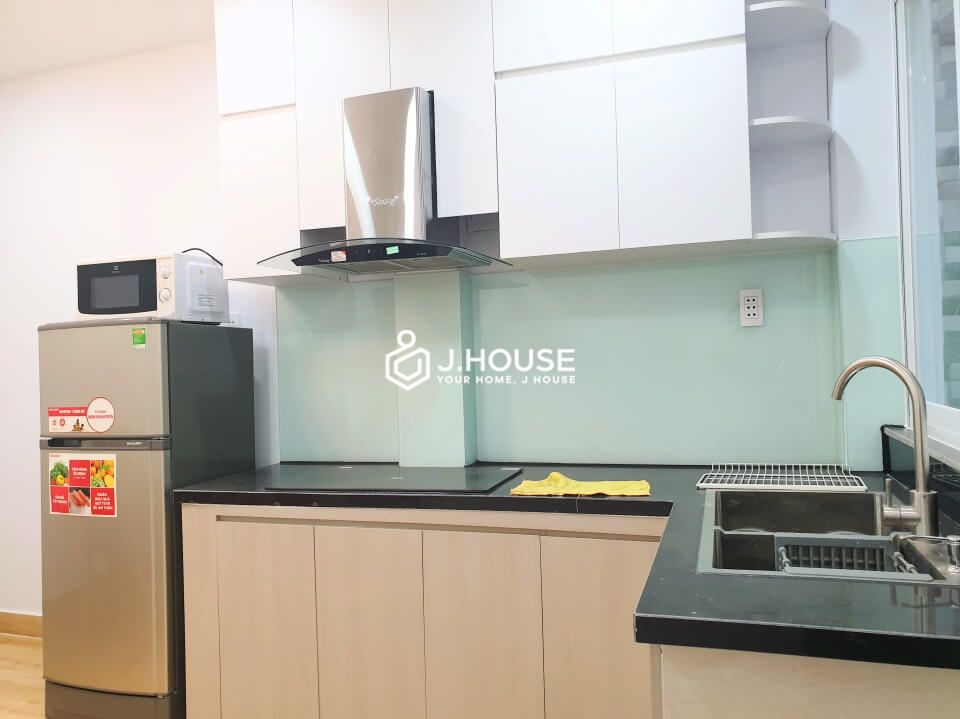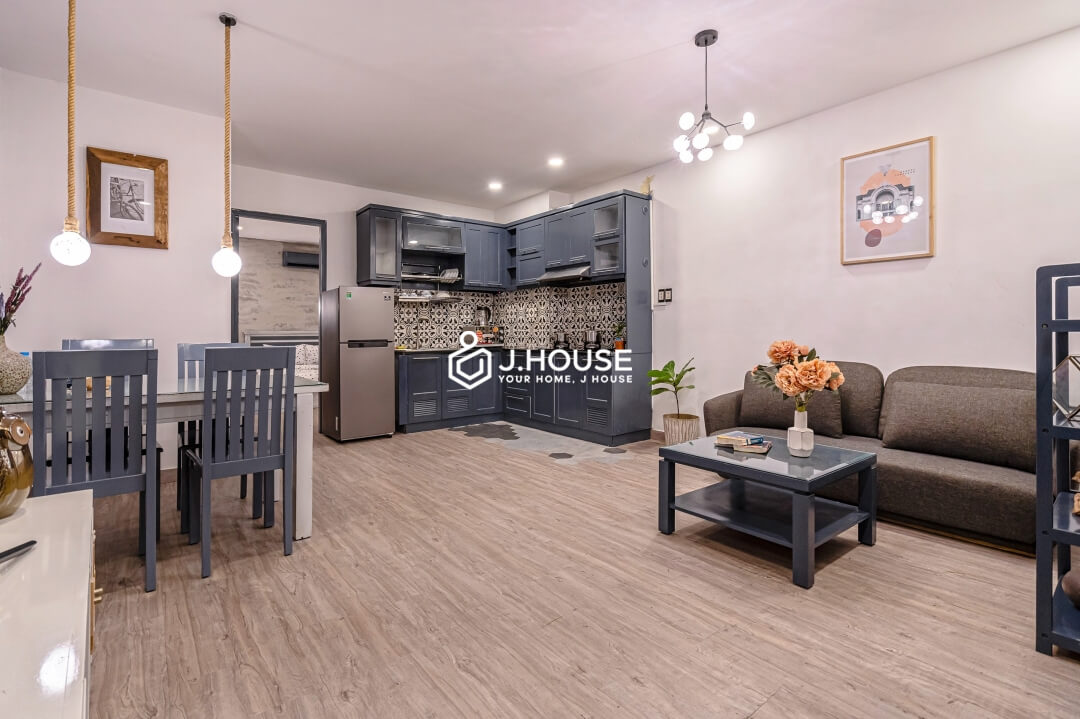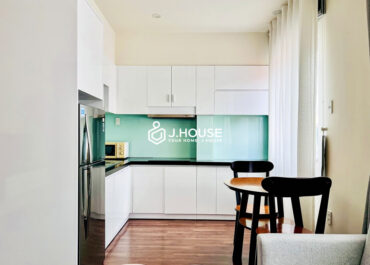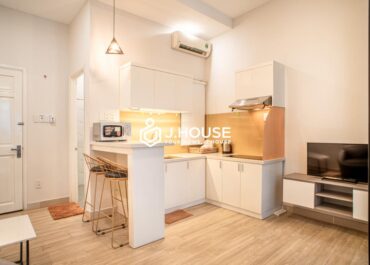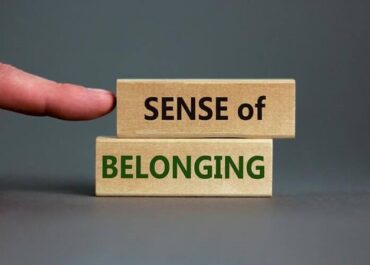Latest Properties
Common Maintenance Issues & How to Communicate with Landlords
Apartment Maintenance Issues & How to Deal with Your Landlord
Even the most beautiful apartment in Vietnam isn’t immune to maintenance issues. A leaking faucet, a broken air conditioner, or flickering lights can easily disrupt your comfort — and for expats, dealing with repairs can feel even trickier.
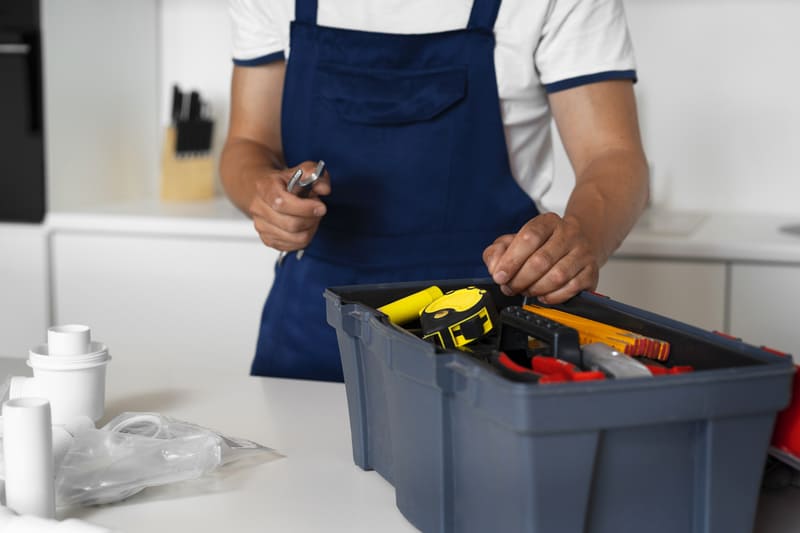
What starts as a small inconvenience can quickly grow stressful when you’re unsure how to communicate with your landlord or what steps to take.
Understanding how to manage maintenance issues properly — and how to talk with your landlord clearly and respectfully — makes a big difference. Whether you’ve just moved in or plan to stay long-term, this guide will help you handle apartment repairs smoothly, avoid misunderstandings, and keep your home life comfortable and stress-free.
1. Common Apartment Maintenance Issues in Vietnam
Every home — new or old — has its own quirks. But in Vietnam’s humid, fast-changing urban environment, maintenance issues tend to appear more often. Here are the most frequent repair problems expats face, plus practical tips to handle them smoothly.
1.1. Electrical Problems
Power surges, tripped breakers, or unstable outlets are among the top apartment repair concerns. Vietnam’s humidity and older wiring systems often make these issues more common. Always unplug unused devices and contact your landlord or building technician rather than attempting DIY fixes — especially in serviced apartments.
1.2. Water Leaks and Plumbing Issues
Leaky pipes, slow drains, or low water pressure are familiar headaches. Even new condos can suffer clogged pipes due to lime buildup. Notify your landlord early, include photos or videos, and request timely maintenance. Most landlord obligations cover leaks and water supply stability.
1.3. Air Conditioning and Ventilation
In tropical Vietnam, air conditioners work hard year-round. Dirty filters or leaking units can raise electricity costs and trigger mold. Ask if your lease includes regular cleaning or AC maintenance — many landlords offer this for long-term tenants.
1.4. Mold and Moisture
Humidity is a constant challenge. Mold on walls or furniture spreads fast in poorly ventilated areas. Keep windows open when possible, use dehumidifiers or silica gel packs, and report early signs to your landlord before repainting or treatment becomes expensive.
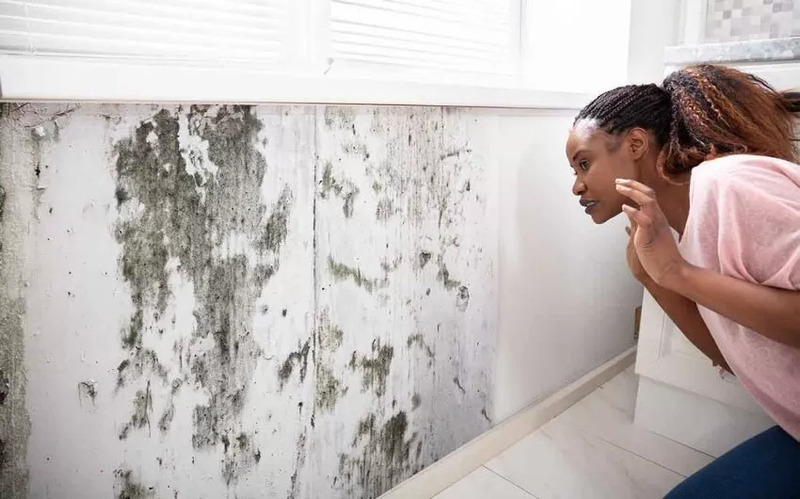
1.5. Internet and Connectivity
Unstable Wi-Fi or weak signals are common frustrations for expats. Before renting, check which provider (FPT, Viettel, or VNPT) serves your building. If problems continue, landlords can coordinate with technicians for a quick fix — a small step that makes daily living much smoother.
Read more: Tenant’s Guide To Normal Wear And Tear When Renting In Vietnam
2. Tenant vs. Landlord Responsibilities for Maintenance
When maintenance issues arise, knowing who’s responsible can save you from frustration — and unnecessary disputes. In Vietnam, the general rule is simple but often misunderstood.
- Landlord responsibilities: They usually cover structural repairs, electrical systems, plumbing, and any furniture or appliances listed in the lease. These are considered part of the property’s long-term upkeep.
- Tenant responsibilities: Renters are expected to handle small tasks like changing light bulbs, basic cleaning, and repairing damage caused by misuse.
Still, all tenant responsibilities for maintenance should be clearly outlined in your rental contract. If not, misunderstandings can happen when something breaks down.
Tip: Before moving in, request an apartment maintenance checklist and take photos of the property’s condition. It protects both parties and ensures fair expectations from day one.
In serviced apartments or professionally managed buildings, there’s usually an in-house team to handle repair requests quickly. In smaller private rentals, maintenance often depends on your communication and relationship with the landlord.
Read more: Tenant Rights vs. Landlord Rights in Vietnam
3. How to Report Maintenance Issues Professionally
Effective communication turns small apartment problems into simple solutions — but tone and clarity matter most, especially when language or cultural differences are involved. Here’s how to make sure your repair requests are understood and resolved smoothly.
3.1. Document the Problem Clearly
Before contacting your landlord, take photos or short videos that show the issue in detail — include timestamps if possible. Visual proof helps your landlord understand what’s happening and approve repairs more quickly.
3.2. Use Simple, Polite Language
Vietnamese landlords value clear, courteous communication. Keep messages short and easy to understand, especially if English isn’t their strong point. For example:
“Hello [Landlord’s Name], the bathroom pipe is leaking. Could you please send someone to check? Thank you.”

Apps like Zalo or WhatsApp are the most common tools for maintenance communication — keep your tone polite and focused on the problem.
3.3. Follow Up Professionally
If repairs take longer than expected, send a gentle follow-up every couple of days. Delays may happen if the landlord needs to coordinate with technicians or building management.
Once the issue is fixed, thank your landlord and confirm it’s resolved. A small gesture of appreciation helps build long-term trust — and ensures faster support next time.
4. Preventive Maintenance: Stay Ahead of Problems
A proactive approach keeps your apartment running smoothly — and prevents small maintenance issues from becoming big headaches. With a few mindful habits, you can save time, reduce stress, and build a better relationship with your landlord.
4.1. Schedule Regular Inspections
If you’re renting long-term, suggest an apartment check every 3–6 months. It’s a win-win: you stay safe and comfortable, while your landlord maintains property value and avoids costly repairs.
4.2. Know What to Watch For
Stay alert to early warning signs — flickering lights, musty smells, damp spots, or noisy appliances. In Vietnam’s humid climate, catching these signals early helps prevent damage and mold growth.
4.3. Use Appliances Responsibly
Landlords typically cover normal wear and tear, not damage from misuse. Avoid overloading washing machines, unplug devices during power surges, and clean air filters often — especially before the rainy season.
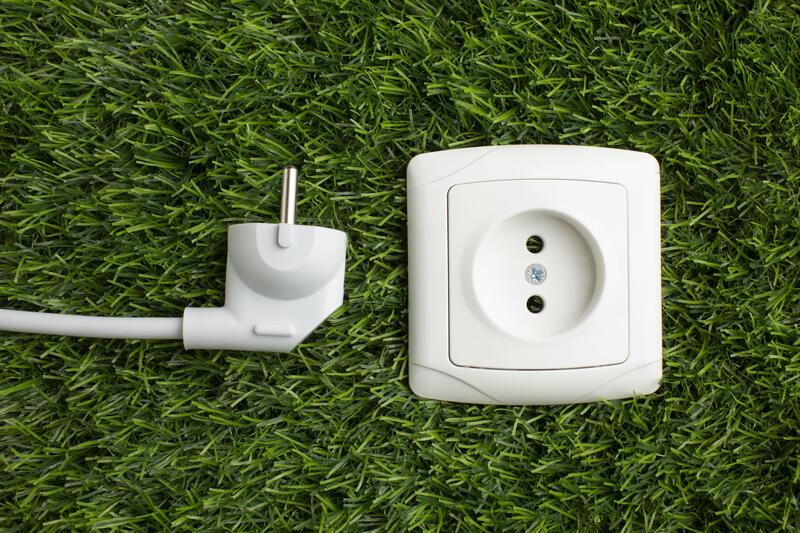
4.4. Keep a Maintenance Log
Keep a simple note of maintenance requests and solutions. This record helps track recurring problems and shows your reliability — a valuable point when renewing your lease or negotiating future repairs.
5. How to Handle Difficult Landlords or Delayed Repairs
Even with the best intentions, misunderstandings or delays can happen — especially if you’re new to Vietnam’s rental system. The key is to stay calm, organized, and proactive in protecting your rights while keeping communication respectful.
5.1. Know the Law
Under Vietnamese law, landlords must keep the property safe, functional, and fit to live in. If essential repairs (like water, electricity, or structural damage) aren’t addressed after multiple reminders, you may request a rent reduction or even end the lease early — depending on your contract terms.
5.2. Keep Everything in Writing
Always confirm conversations and repair agreements by text or email. Written records protect you if disputes arise later about maintenance responsibilities or timelines.
5.3. Ask for Help if Needed
If discussions stall, reach out to your agent or building management for mediation. Reliable agencies like JHouse often act as a neutral bridge — ensuring both sides communicate clearly and find solutions that keep your living experience smooth and stress-free.
Read more: Apartment Rental in Vietnam: Legal & Financial Guide for Expats
6. Choosing the Right Home to Minimize Maintenance Issues
Many maintenance headaches can be avoided before you even move in. The right apartment choice not only saves you time and stress but also ensures a more comfortable living experience in Vietnam.
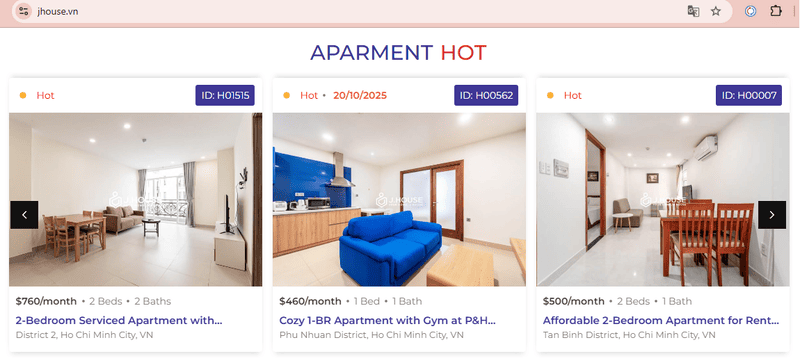
6.1. Check Before You Sign
Before signing the lease, inspect each room carefully — test lights, faucets, air conditioning, and internet. Use a simple maintenance checklist to make sure everything works properly from day one.
6.2. Choose Managed Apartments
Serviced apartments or trusted property agencies like JHouse help expats minimize repair worries. You’ll enjoy reliable aftercare, English-speaking support, and quick responses to maintenance requests.
6.3. Look Beyond Price
Low rent can sometimes hide old wiring, water leaks, or weak plumbing. A slightly higher monthly cost often means better upkeep, faster service, and peace of mind — a worthwhile investment for long-term comfort.
7. Living Smoothly: Building a Trust-Based Relationship
A good rental experience depends on more than contracts — it’s built on mutual respect. When tenants and landlords respect and understand each other, even maintenance issues become easier to solve.
Tips for Strong Communication:
- Be proactive — report problems early, not after they worsen.
- Express appreciation when repairs are completed.
- Respect property rules and agreed maintenance times.
- Keep your tone friendly yet professional in every message.

A good relationship turns small repairs into cooperation rather than conflict. With mutual trust, both sides enjoy a stress-free living experience — where your apartment truly feels like home.
Final Thoughts: Make Maintenance Easier, Make Living Better
Every expat dreams of a stable, stress-free home — and handling maintenance issues the right way is key to achieving that peace of mind. Problems will happen, but how you respond — with clarity, respect, and the right support — determines how smooth your living experience will be.
At JHouse, we believe real comfort goes beyond stylish furniture or great locations. It’s about trust, care, and reliable service whenever maintenance needs arise. From guiding expats through repair requests to connecting you with well-managed homes, we’re here to make your rental journey effortless.
Because a truly good home isn’t just where you live — it’s where living feels easy.
JHouse Content Team
The in-depth content development team on housing services for foreigners & Vietnamese in Vietnam. The content is simple, easy to understand, and logically arranged to bring readers useful topics and information from real experiences.

